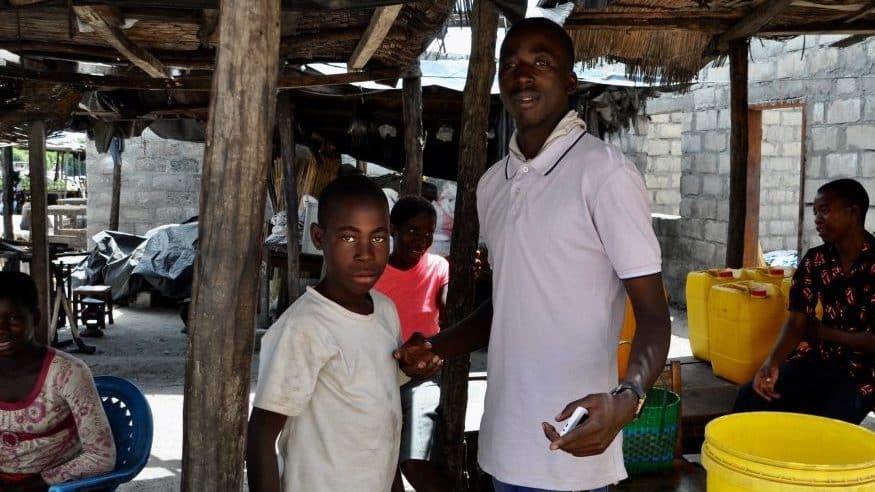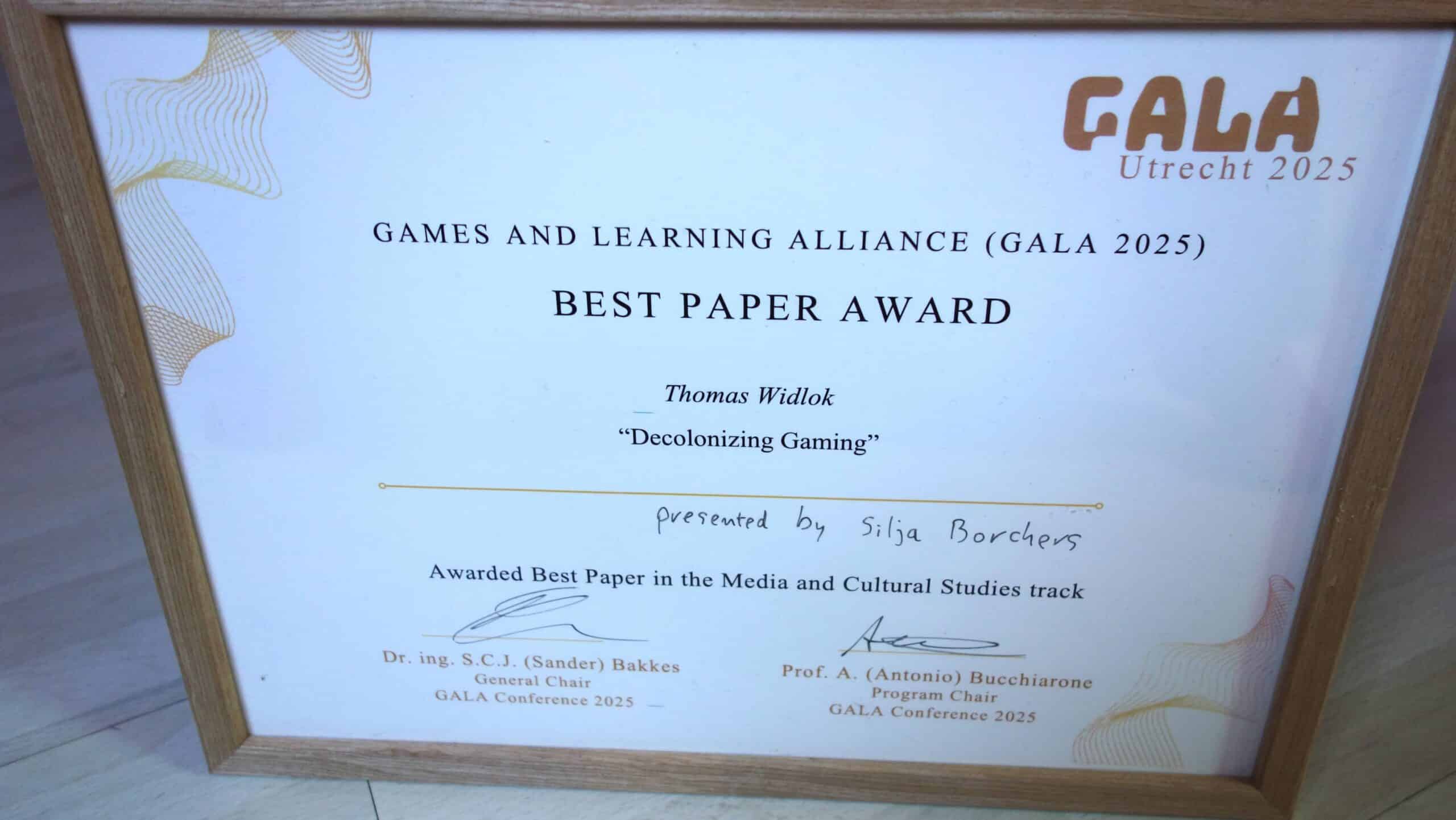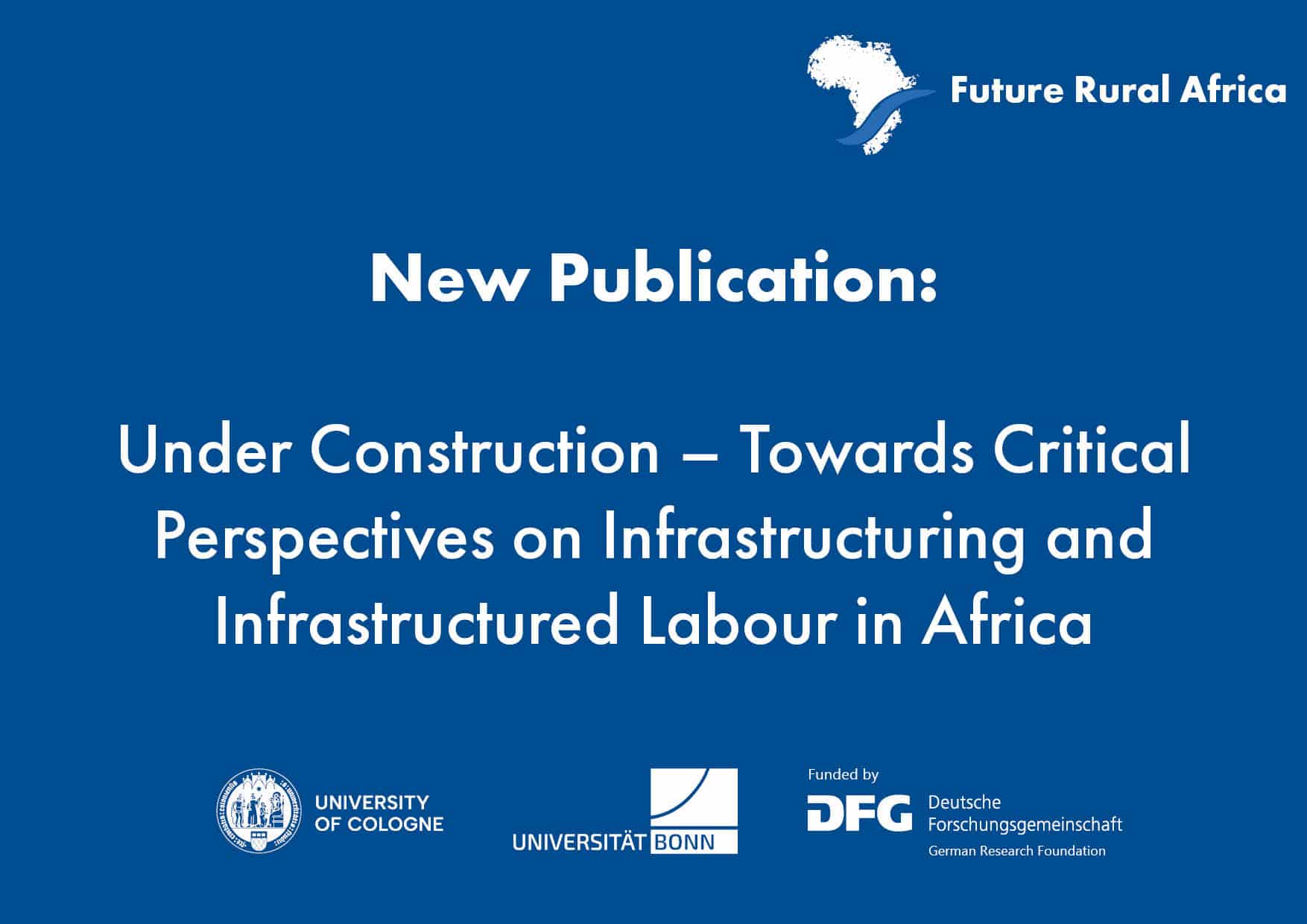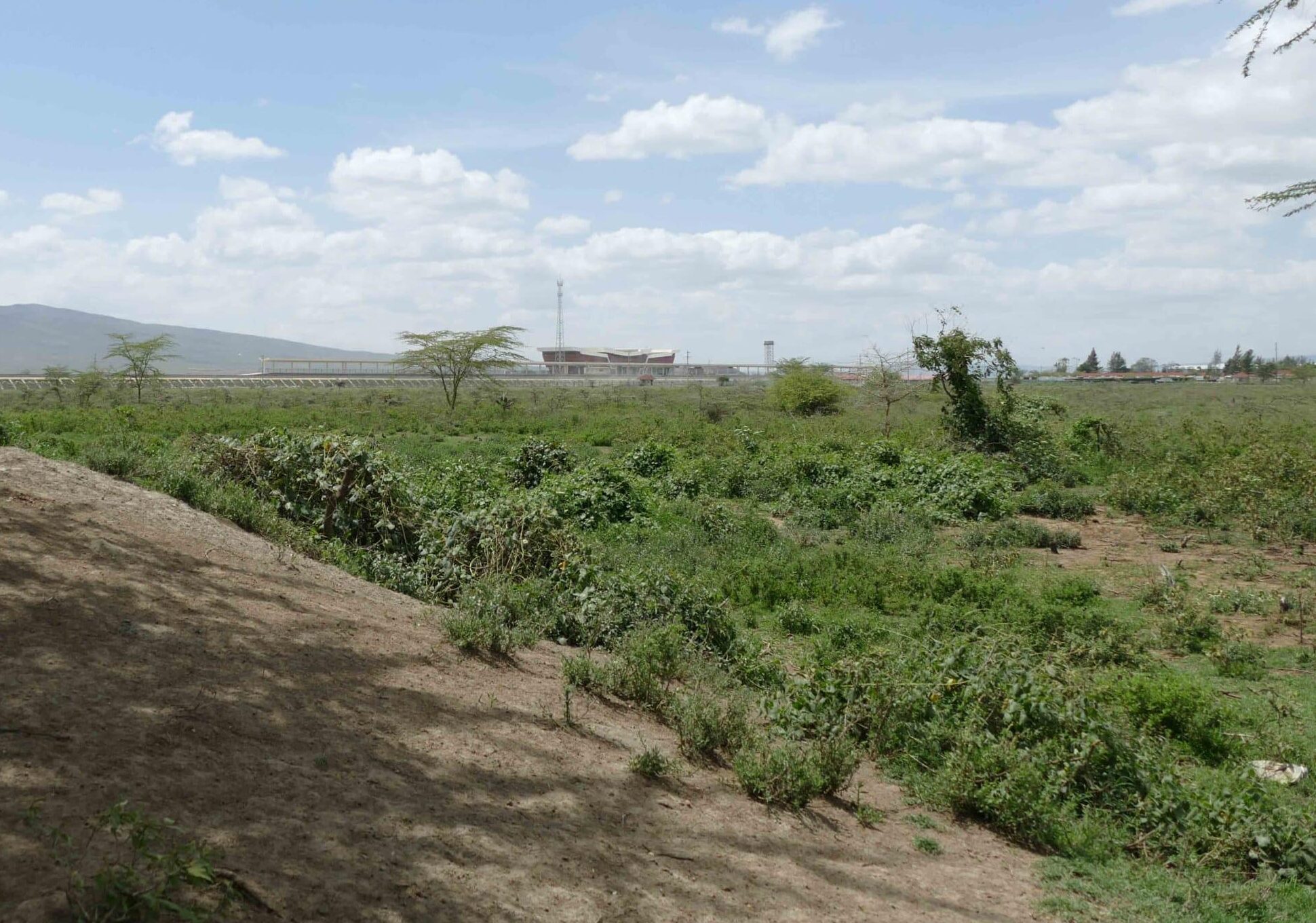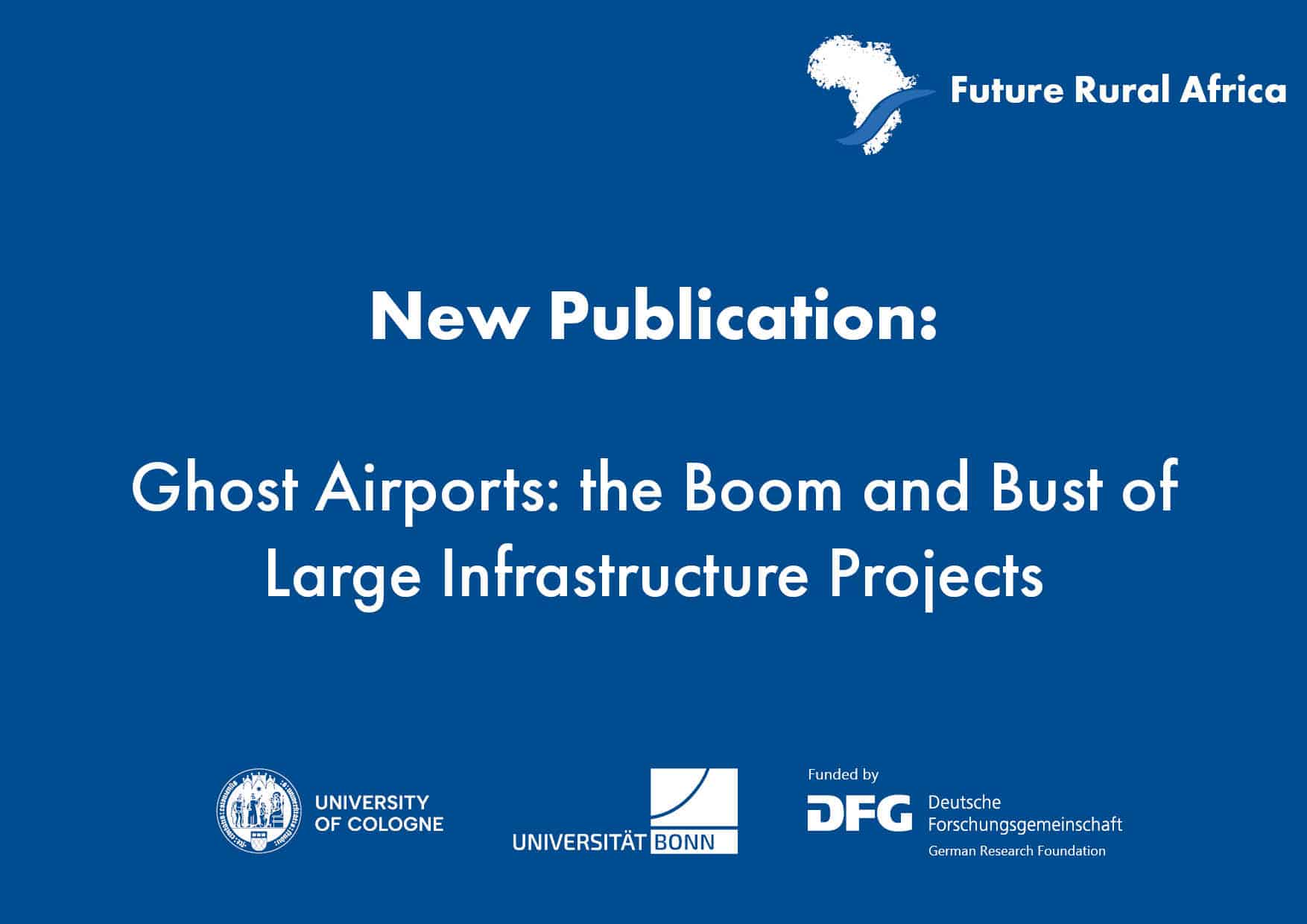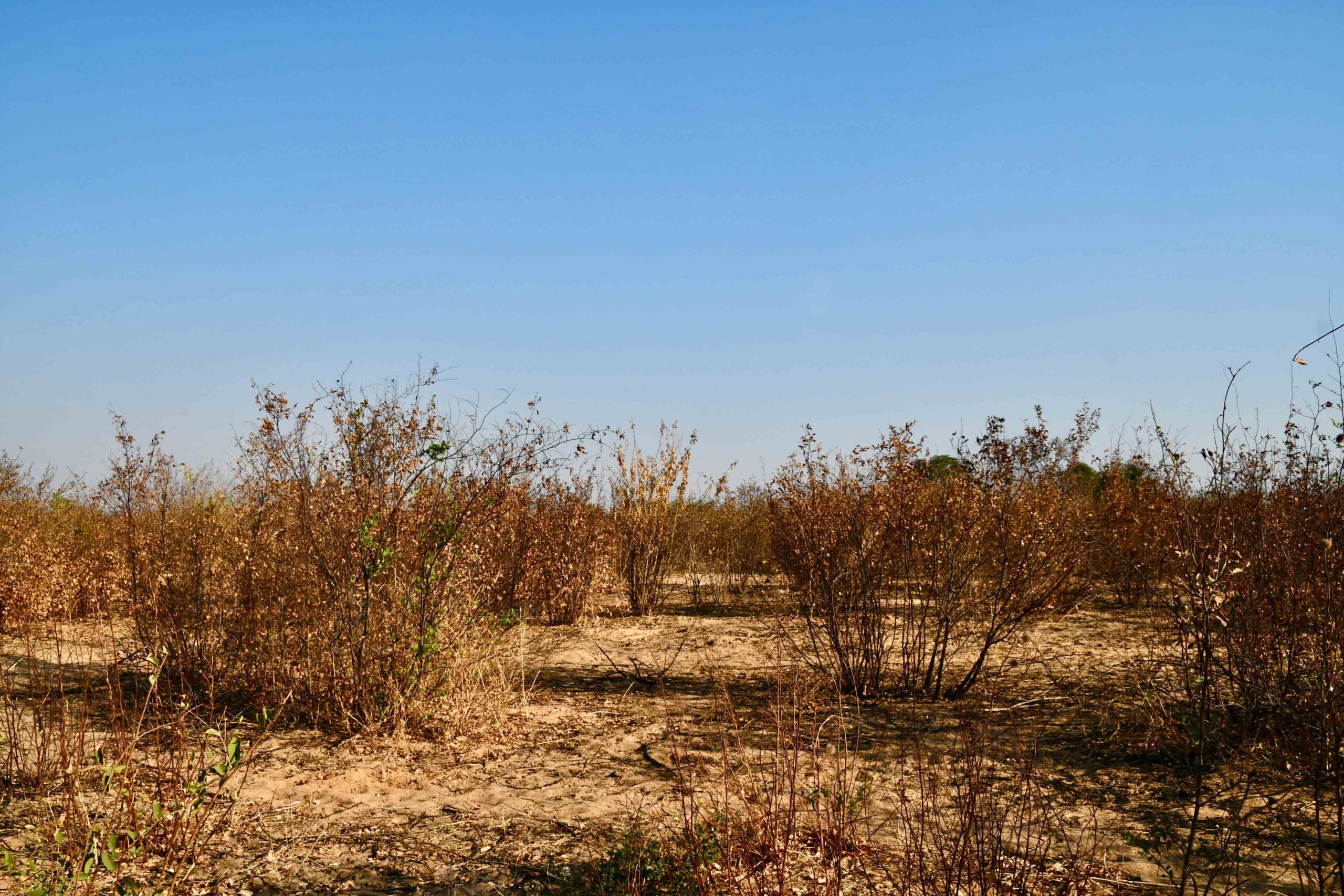Voices of rural communities involved in community-based conservation in Namibia during the COVID-19 pandemic outbreak
The Multidisciplinary Research Centre (MRC) of the University of Namibia (UNAM) is one of the oldest academic research centers in Namibia. Since its establishment in 1993, MRC has been carrying out several research studies aligned to national development goals. In addition, MRC has also been engaged in several collaborative research studies with different national, regional and international partners. Recently, the MRC/UNAM and Bath Spa University (BSU) embarked on a rapid research project to document the voices of local communities living in conservancies talking about the effects of COVID-19 on communal-based conservation and tourism in Namibia. Prof Sian Sullivan (BSU) and my Masters student, Mecthilde Pinto, co-authored this study that we titled as “A perfect storm? The impact of COVID-19 on community-based conservation in Namibia”. A ‘perfect storm’ is a phrase used in English to describe a rare combination of events or circumstances that occur together, usually creating a very challenging situation. As a result, the structural CBNRM interconnections mean that COVID-19 and its associated restrictions are precipitating a ‘perfect storm’ of impacts deriving from these interconnections.
This collaboration was birthed from a collaborative project that Prof Sullivan and I are implementing together in Namibia with Dr. Ute Diekmann (University of Cologne) funded by the Arts and Humanities Council, UK and the Deutsche Forschungsgemeinschaft (DFG) titled: Historicising Natures, Cultures and Laws in the Etosha-Kunene Conservation Territories of Namibia: From Deutsch Südwestafrika’s “Game Reserve No. 2” to “Kunene People’s Park”? (see https://www.etosha-kunene-histories.net/) (refs. AH/T013230/1 and DI 2595/1-1).
The project was carried in April 2020 in five selected conservancies, interviewing about to 65 respondents comprising conservancy employees, management committee and community members. Establishing the impact of COVID-19 is critical, given the fact that since independence the Community-based natural resource management (CBNRM) programme has been a main player in economic development and environmental conservation strategies in Namibia’s rural communal areas. Now that the pandemic has affected the entire world and with the programme primarily depending on international tourism and conservation-hunting- related income the programme became highly affected. Most of the community-based conservation activities on the ground were not funded by the government but by the income generated by the conservancies through various tourism interventions. The conservancy leaders and members were therewith fearful that if tourists and hunters continue to cancel their bookings and the industry does not recover on time; this will lead to further loss of income. That in turn could result in sending employees on unpaid leave, laying off contract employees, and cutting costs including salaries and wages, thus impacting local communities’ livelihoods.
However, also our research work on the ground has been highly affected as the entire country was under lockdown with travel restrictions in place making it difficult to plan. In addition, as the COVID-19 pandemic had caused anxieties while some were affected economically, communities did not grant adequate time to non-monetary interventions such as receiving researchers or becoming involved in data-collection related initiatives. People want to hear about events and discourses related to assisting them or providing relief towards their losses. In terms of conservation, of course there were community members who claimed to have been volunteering and making themselves available for community and research activities but at the end of the day when they go through tough times there is little recognition for their work.
So we limited our survey to interviews per phone. Telephonic surveys in any rural setting affect the randomness, because the more empowered and influential people are, the more they tend to participate in the survey. They are more used to engaging in phone conversations with unknown people than ordinary community members who are only used to communicating per phone with those familiar to them. During this survey, the researchers were supported by a local contact person who identified respondents, resulting in the researcher having little control over the selection of the respondent. Subsequently, we shared the questions with the contact person to alert the selected respondents on the type of questions that were going to be asked. This might have contributed to prior discussions before the interviews – defeating personal views of the respondents. Conducting research from remote, especially by phone, was an immediate tool to gather data and community perceptions from rural settings at an early stage of the pandemic amidst travel restrictions. However, the researcher had little direct involvement as the local contacts also carried their own fears about the pandemic while they tried at the same time to protect those they involved.
Therefore, the future of research in rural areas will require future-thinking to ensure that uncertainties are built-in when developing methodologies and associated techniques. In the conclusion of our paper we also spoke about the disruption of ‘business as usual’ that may be regarded as a chance to look at inherited assumptions and allow for transforming current models in order to enhance the resilience of community conservation. The COVID-19 pandemic is perhaps the greatest test to date on the resilience of Namibia’s CBNRM model. It is certainly a key moment for research to assist by documenting how conservancy staff and members understand and respond to the challenges they are facing. We hope that the rapid survey reported on in this article is useful in this regard, our paper concludes.
Article by: Dr. Selma Lendelvo, University of Namibia.

